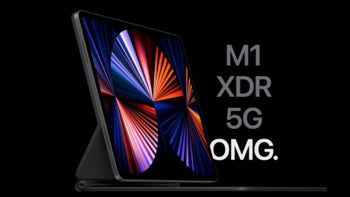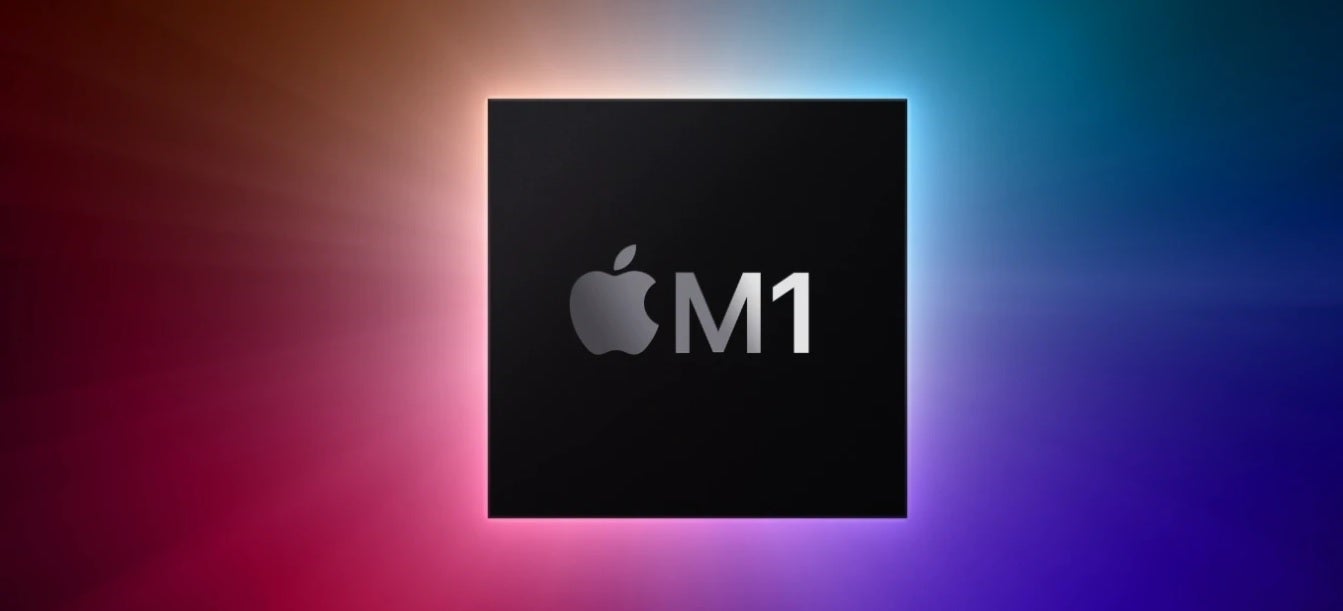Global chip shortage affecting iPad Pro delivery dates

2021 might be remembered as the year of the chip shortage. Thanks to the pandemic and unexpected demand for new vehicles by consumers, foundries have not been shipping out chips in the quantities ordered by manufacturers. And this shortage appears to be impacting top companies including TSMC, the world's largest independent foundry and the firm that supplies Apple (its largest customer) with chips.
Spotted by MacRumors, delivery times for certain iPhone 11 and iPhone 12 models are running as long as two weeks which can be explained by the upcoming release of the iPhone 13 series. During a time period like this, inventories of the current iPhone models and the previous year's handsets are much lower as Apple starts making space for the upcoming iPhones.
The Global chip shortage is affecting deliveries of Apple's top-of-the-line iPad Pro tablets
This also applies to the Apple Watch Series 6 with orders for the aluminum-cased models taking three to four weeks to ship. Depending on the model, stainless steel variants are either sold out or shipping in three weeks. Again, the delay is due to Apple making room for the incoming Apple Watch series 7.

The chip shortage is affecting shipments of the M1-powered iPad Pro
But some Apple products, especially those powered by Apple's M1 chip are feeling the heat from the chip shortage. That includes the top-of-the-line iPad Pro. The M1 chip is Apple's most powerful chipset and is manufactured by TSMC using its 5nm process node. The M1 sports 16 billion transistors compared to the A14 Bionic which carries 11.8 billion transistors.
Apple CEO Tim Cook said in July that the iPhone and iPad could be impacted during the current quarter by the global chip shortage
Normally, at this time of the year, depending on where the product is being shipped, consumers might be able to order the iPad Pro for same-day delivery. But Apple's website is showing three to six days for delivery of the iPad Pro which could indicate that there is a shortage of M1 chips. Apple CEO Tim Cook, who was in charge of the company's supply chain before moving up the corporate ladder, said during the fiscal second-quarter conference call that there would be an issue with iPad supply because of the chip shortage.
At the time, Cook said, "We expect to be supply-gated, not demand-gated." Following the release of the next earnings report in late July (the fiscal third quarter), the executive again weighed in on the chip shortage saying that it could affect the iPhone and the iPad during Apple's fiscal fourth-quarter which ends at the end of the current month. Cook said that Apple was beginning to feel the "constraints'' of the global chip shortage.
Other suppliers are also said to be experiencing shortages which might also play a part in iPad Pro shipments. For example, Radiant Opto-Electronics, the firm that supplies Apple with the mini-LED displays used on the 12.9-inch iPad Pro screen, has not been able to produce the number of displays that Apple needs. This has forced the tech giant to look for additional suppliers.
Apple has not been affected by the chip shortage as much as auto firms have been. That's because Apple orders long term. The auto makers are always shifting production to their hottest selling products which means that their orders are placed for delivery in the short term. The auto manufacturing companies expected the pandemic to keep sales down. So when sales soared earlier this year, the vehicle makers were stunned and realizing that they failed to procure enough chips, they started ordering all the components that they could obtain.
But this drew down chip inventories forcing companies like Ford to cut production by as much as 50%. During its fiscal third quarter, Apple did see lower than normal revenue because of the shortage.













Things that are NOT allowed: